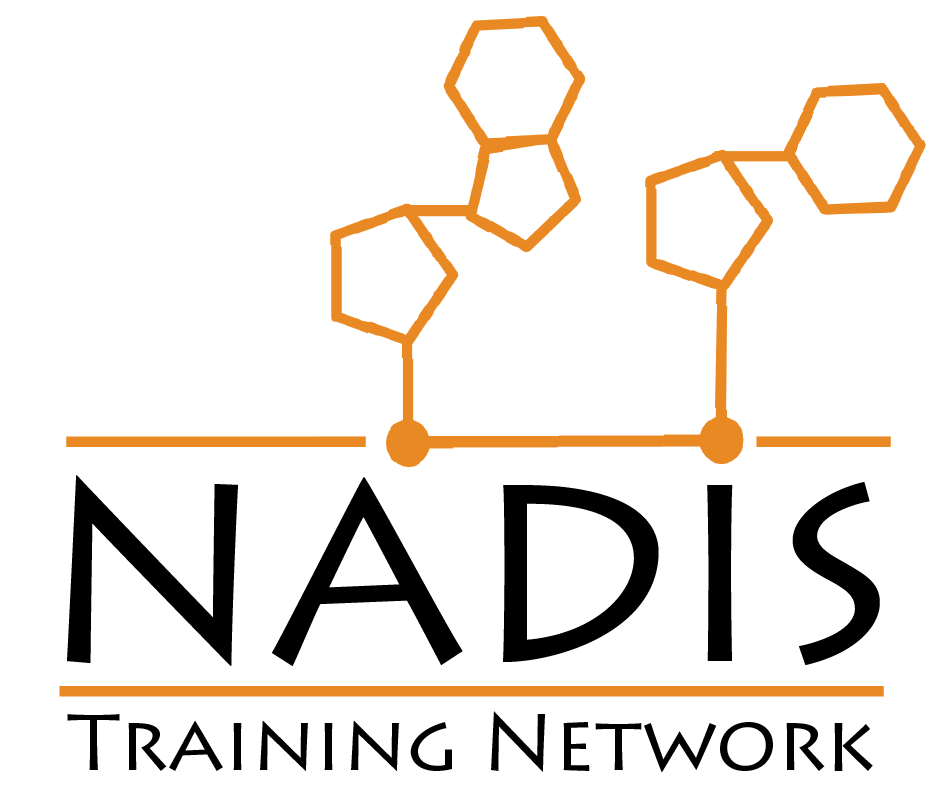| Description of the project: | Alzheimer’s disease (AD) is a devastating neurodegenerative disorder characterized by beta-amyloid plaques, tau tangles, mitochondrial dysfunction, oxidative stress, among other features. Molecular mechanisms on why neurons are dead in the AD patient brain are not fully understood. Recent research suggests a new dimension to AD pathology through ferroptosis, an iron-dependent cell death mechanism. Iron overload contributes to ferroptosis by promoting lipid peroxidation, thereby exacerbating neuronal damage. In my project I aim to investigate the complicated relationship between ferroptosis, NAD+ (nicotinamide adenine dinucleotide) decline, and Alzheimer’s disease. NAD+ is central to mitochondrial function and combating oxidative stress, both key players in ferroptosis. We hypothesize that NAD+ deficiency in AD may exacerbate mitochondrial dysfunction and increase susceptibility to ferroptosis. To investigate this, we will comprehensively analyze NAD+-related proteins and ferroptosis markers in human brain tissue at different AD stages. In addition, we will investigate the potential therapeutic role of NAD+ precursors in alleviating AD symptoms. These precursors, such as nicotinamide riboside (NR) and nicotinamide mononucleotide (NMN), have shown promise in increasing NAD+ levels. Employing advanced proteomic techniques, we aim to discover how treatment with NAD+ precursors might prevent ferroptosis by improving mitophagy and/or mitochondrial homeostasis in Alzheimer’s pathology. Understanding these interactions could open innovative therapeutic avenues to mitigate the neuronal damage and cognitive decline associated with AD, offering new hope in the fight against this debilitating disease. |

